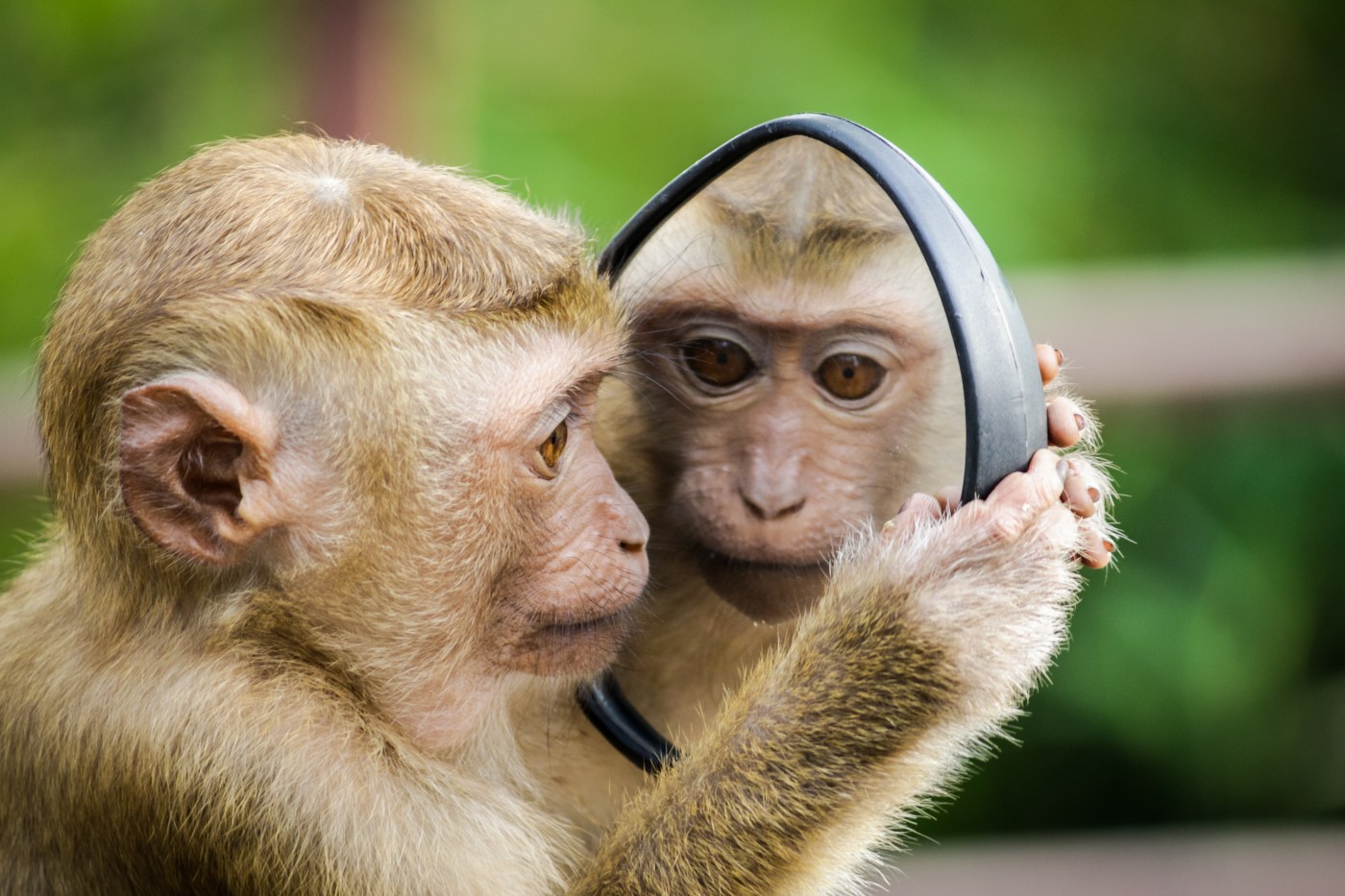The following is a slightly edited excerpt from my book Effective Altruism: How Can We Best Help Others? (2018/2022).
If ever there were a bias that we evolved not to transcend, it is surely our speciesist bias. After all, we evolved in a context in which our survival depended on our killing and eating non-human beings. For most of our evolutionary history, the questioning of such a practice, and the belief that non-human beings should be taken seriously in moral terms, meant a radically decreased probability of survival and reproduction. And this would likely also apply to one’s entire tribe if one were to start spreading such a sentiment, which might help explain the visceral threat that many people seem to feel upon engaging with supporters of this sentiment today. In other words, having significant moral concern for non-human beings was probably not a recipe for survival in our evolutionary past. It was more like a death sentence. For this reason alone, we should expect to be extremely biased on this matter.
And yet this evolutionary tale is far from the full story, as there is also a cultural story to be told, which provides even more reasons to expect our outlook to be intensely biased. For on top of our (likely) speciesist biological hardware, we also have the software of cultural programming running, and it runs the ultimate propaganda campaign against concern for non-human beings. Indeed, if we ran just a remotely similar campaign against humans, we would consider the term “propaganda” a gross understatement. Their body parts are for sale at every supermarket and on the menu for virtually every meal; their skin is ripped off their bodies and used for handbags, shoes, and sports equipment; their names are used pejoratively in every other sentence. Why, indeed, would anyone expect this to leave our moral cognition with respect to these beings biased in the least? Or rather, why should we expect to stand any chance whatsoever of having just a single rational thought about the moral status of these beings? Well, we arguably shouldn’t — not without immense amounts of effort spent rebelling against our crude nature and the atrocious culture that it has spawned.
Another bias that is relevant to consider, on top of the preceding considerations, is that human altruism tends to be motivated by a hidden drive to show others how cool and likable we are, and to increase our own social status. To think that we transcend this motive merely by calling ourselves “effective altruists” would be naive. The problem, then, is that rejecting speciesism and taking the implications of such a rejection seriously is, sadly, seen as quite uncool at this point. If one were to do so, one would become more than a little obnoxious and unlikeable in the eyes of most people, and be more like a favorite object of ridicule than of admiration, none of which is enticing for social creatures like us. So even if reason unanimously says that we should reject speciesism, we have a thousand and one social reasons that say just the opposite.
There are also psychological studies that demonstrate the existence of strong biases in our views of non-human individuals, such as that we “value individuals of certain species less than others even when beliefs about intelligence and sentience are accounted for”. More than that, we deny the mental capacities of the kinds of beings whom we consider food — a denial that is increased by “expectations regarding the immediate consumption” of such beings.
These forms of bias should give us pause and should encourage serious reflection. The way forward, it seems, is to admit that we are extremely biased and to commit to doing better.
